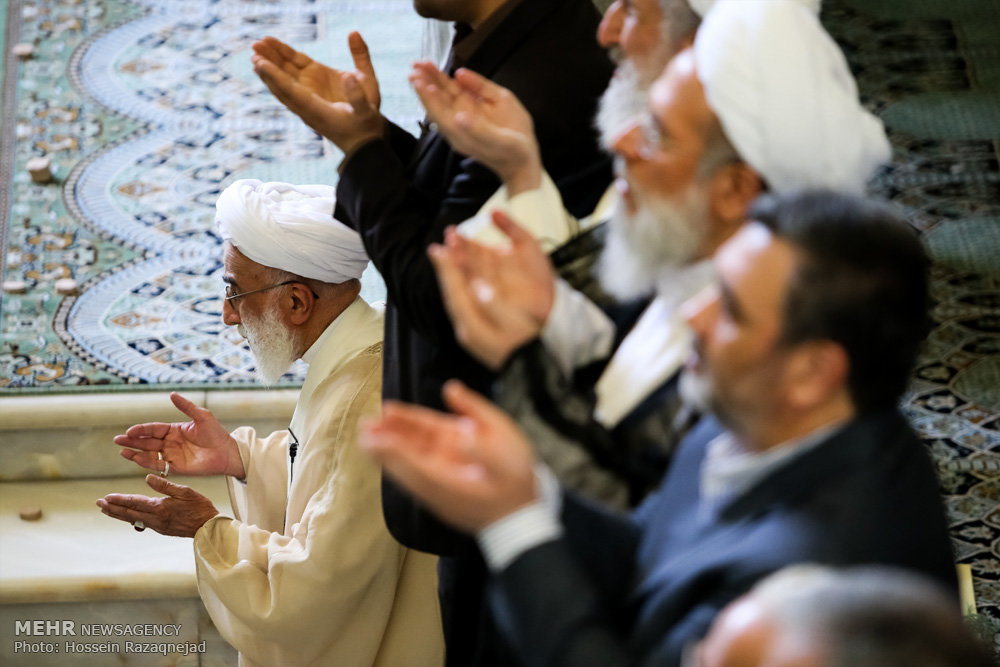Guardian Council marks 38th anniversary

TEHRAN – The Guardian Council marked its 38th anniversary of its establishment in an announcement on Monday.
In the announcement the council renewed its pledge to work toward safeguarding the Islamic Republic.
The Guardian Council is a constitutionally mandated 12-member council that wields considerable power and influence in the Islamic Republic of Iran.
The Iranian constitution calls for the council to be composed of six Islamic faqihs (experts in Islamic law), “conscious of the present needs and the issues of the day” to be selected by the Supreme Leader, and six jurists, “specializing in different areas of law, to be elected by the Majlis from among the Muslim jurists nominated by the head of the Judiciary”.
It is charged with interpreting the constitution, supervising elections of, and approving of candidates to, the Assembly of Experts, the president and the Majlis, and ensuring the compatibility of the legislation passed by the Majlis with the criteria of Islam and the constitution.
The Majlis has no legal status without the Guardian Council, that is, any bill passed by the Majlis must be reviewed and approved by the Guardian Council to become law.
According to Article 96 of the constitution, the Guardian Council holds veto power over all legislations approved by the Majlis. It can nullify a law based on two accounts: being against Islamic laws, or being against the constitution. While all the members vote on the laws being compatible with the constitution, only the six clerics vote on them being compatible with Islam.
If any law is rejected, it will be passed back to the Majlis for correction. If the Majlis and the 12-member Guardian Council cannot decide on a case, it is passed up to the Expediency Council for a decision.
The Guardian Council is uniquely involved in the legislative process, with equal oversight with regards to economic law and social policy, including such controversial topics as abortion.
The Guardian Council also functions similar to a constitutional court. The authority to interpret the constitution is vested in the council. Interpretative decisions require a three-quarters majority. The council does not conduct a court hearing where opposing sides are argued.
Since 1991, all candidates of parliamentary or presidential elections, as well as candidates for the Assembly of Experts, have to be qualified by the Guardian Council in order to run in the election.
SP/PA
